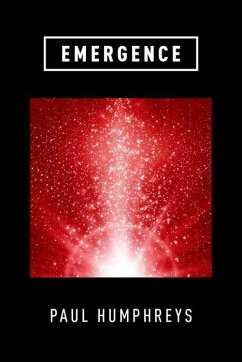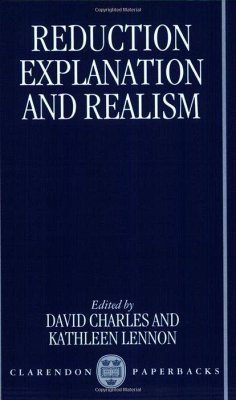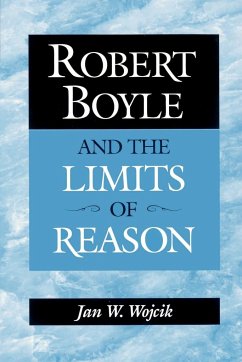
Cogent Science in Context
The Science Wars, Argumentation Theory, and Habermas
Versandkostenfrei!
Versandfertig in über 4 Wochen
10,99 €
inkl. MwSt.

PAYBACK Punkte
5 °P sammeln!
Recent years have seen a series of intense, increasingly acrimonious debates over the status and legitimacy of the natural sciences. These ¿science wars¿ take place in the public arena--with current battles over evolution and global warming--and in academia, where assumptions about scientific objectivity have been called into question. Given these hostilities, what makes a scientific claim merit our consideration? In Cogent Science in Context, William Rehg examines what makes scientific arguments cogent--that is, strong and convincing--and how we should assess that cogency. Drawing on the to...
Recent years have seen a series of intense, increasingly acrimonious debates over the status and legitimacy of the natural sciences. These ¿science wars¿ take place in the public arena--with current battles over evolution and global warming--and in academia, where assumptions about scientific objectivity have been called into question. Given these hostilities, what makes a scientific claim merit our consideration? In Cogent Science in Context, William Rehg examines what makes scientific arguments cogent--that is, strong and convincing--and how we should assess that cogency. Drawing on the tools of argumentation theory, Rehg proposes a multidimensional, context-sensitive framework both for understanding the cogency of scientific arguments and for conducting cooperative interdisciplinary assessments of the cogency of actual scientific arguments.












